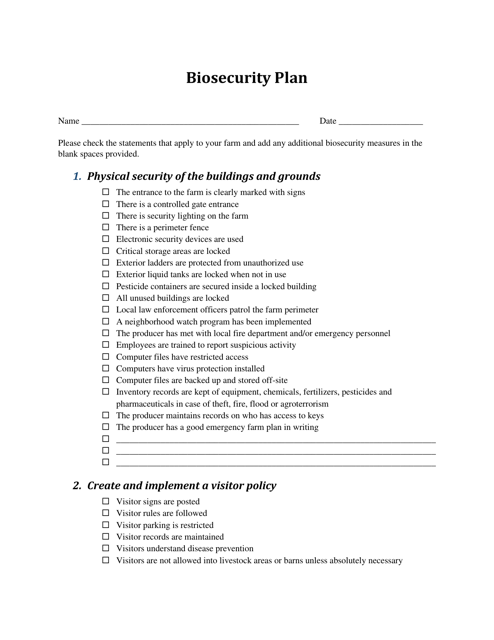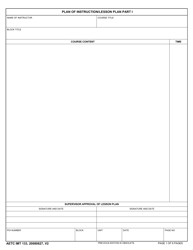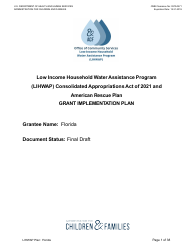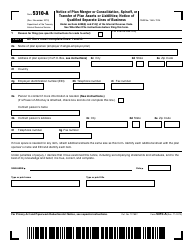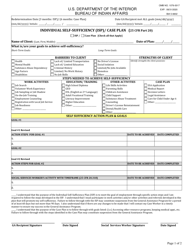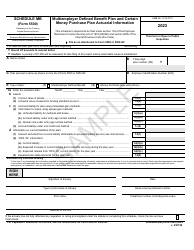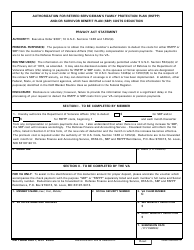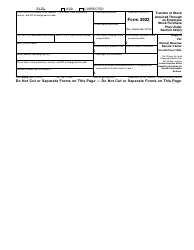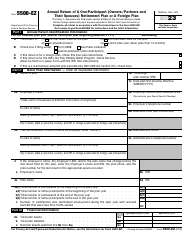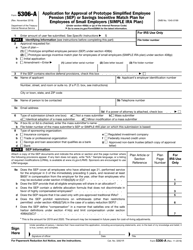Biosecurity Plan - Indiana
Biosecurity Plan is a legal document that was released by the Indiana State Department of Agriculture - a government authority operating within Indiana.
FAQ
Q: What is a biosecurity plan?
A: A biosecurity plan is a set of measures designed to prevent the introduction and spread of diseases in livestock and poultry.
Q: Why is a biosecurity plan important?
A: A biosecurity plan is important to protect the health and welfare of livestock and poultry, as well as to safeguard the food supply and prevent economic losses.
Q: What are some key components of a biosecurity plan?
A: Some key components of a biosecurity plan include controlling access to farms, implementing sanitation practices, monitoring and testing for diseases, and having protocols in place for responding to disease outbreaks.
Q: Who should have a biosecurity plan?
A: Anyone who raises or handles livestock and poultry, including farmers, ranchers, and backyard hobbyists, should have a biosecurity plan.
Q: What diseases can a biosecurity plan help prevent?
A: A biosecurity plan can help prevent diseases such as avian influenza, foot-and-mouth disease, and porcine epidemic diarrhea virus (PEDv), among others.
Q: Are there regulations or guidelines for biosecurity plans in Indiana?
A: Yes, the Indiana State Board of Animal Health provides guidelines and resources for developing biosecurity plans, and some industries may have specific biosecurity requirements as well.
Form Details:
- The latest edition currently provided by the Indiana State Department of Agriculture;
- Ready to use and print;
- Easy to customize;
- Compatible with most PDF-viewing applications;
- Fill out the form in our online filing application.
Download a printable version of the form by clicking the link below or browse more documents and templates provided by the Indiana State Department of Agriculture.
